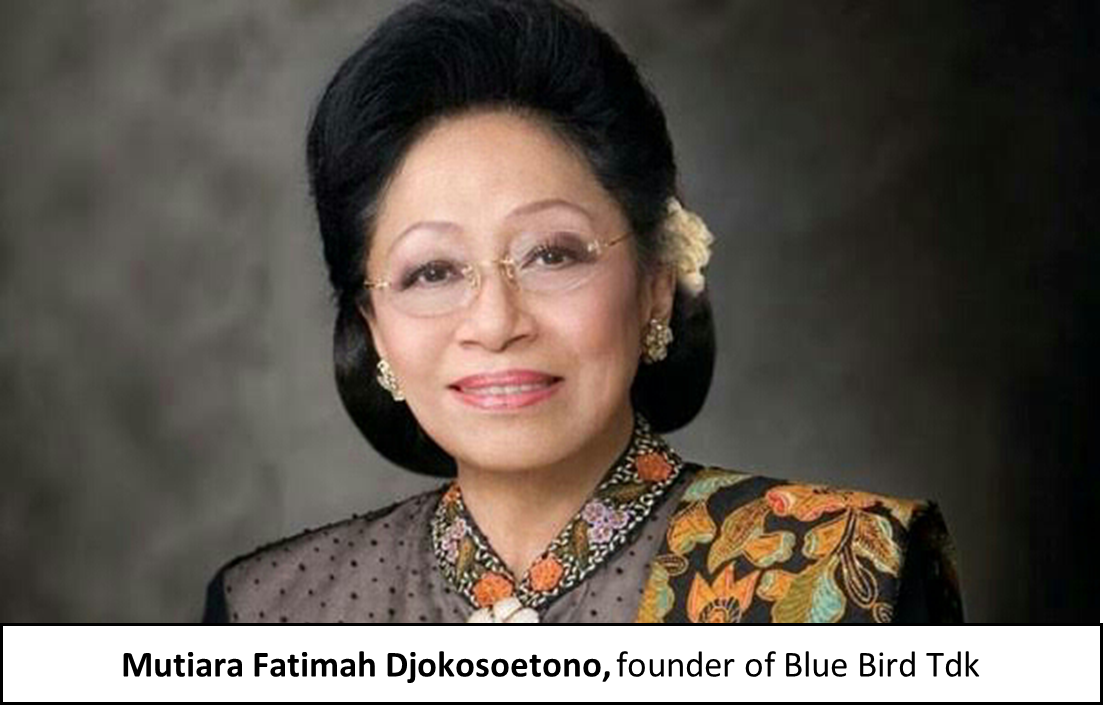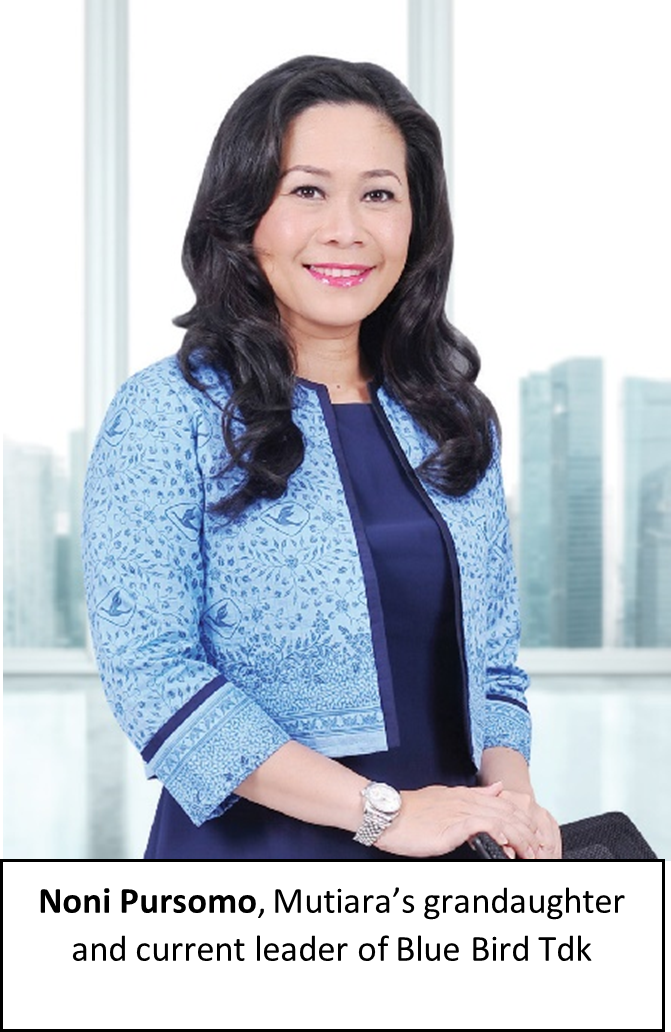Hysteria

Movie poster for “Joanne of’Arc” by Luc Besson (1999)
The famous saying, ‘the king is dead, long live the king!’ originated in France and not in the UK as many believe. It was 1422 and Charles VI, the monarch famous for his folly, died passing the crown to his son Charles VII instead of leaving it, as stipulated in the Treaty of Troyes, to Philip the Good. Charles VII was then helped by Joan of Arc to reconquer France and end the Hundred Years’ War. To officially announce the death of Charles VI but also the continuation of the reign of the Valois dynasty, the Duke of Uzes uttered the famous phrase “Le Roi est mort, vive le Roi!” which was then borrowed by the whole world.
We have now emerged from the pandemic and will not enter it again. We are not saying that the virus has disappeared or that it will not cause victims again. What we are saying is that we have reached a point, as with so many diseases, including cancer, where we are aware of the danger, we have protocols and the ability to produce drugs to limit the damage and, whether we like it or not, we are now living with it. As with cancers, we know the precautions to be taken to reduce their lethality, but not everyone takes them. As with cancer, sometimes facilities are not able to cope with the burden of patients and need to be improved. As with cancer, there is a danger that you can never completely eliminate. On the other hand, they live with the inevitability of old age and death. We are heroes, despite ourselves, and Covid will no longer prevent us from living our lives to the full. Even wars end… COVID is no longer a problem and probably always will be: if it is not this virus it will be another one. However, today we are ready. “The pandemic is over, long live the pandemic!”
In an anxious West, which, after the reopening and on the eve of winter, is fighting against the resurgence of the delta variant, a new variant is emerging which has been christened, in line with the other variants, with a progressive Greek letter, Omicron (the letter Xi has been skipped by the WHO to avoid, we believe, having a virus with the name of the Chinese President…). This variant is known to show a high number of mutations compared to the original Covid virus. In South Africa, few cases have yet been detected, but the virus shows a high level of contagiousness. The latest data from hospitals and family doctors, however, do not seem to indicate any particular lethality of the virus, and indeed the symptoms are mild. And perhaps this is what contributes to its transmissibility. Nevertheless, the emergence of the variant unleashes chaos. Markets melt, politicians impose restrictions and researchers and journalists revert to sensationalism.
The market jumps from hysteria about inflation to hysteria about the new variant. The market thrives on exaggerated emotions. They are its propellant. Many people on Friday were ready to shoot the market and go short. However, we are not convinced they will make money. There is plenty of liquidity and the stock market presents many irresistible opportunities. If the Omicron anxiety returns, Friday’s hysteria will create positions to be filled and set the stage for a good year-end. It’s a pity we don’t have more liquidity to invest.
Hysteria(2)
Let us try to play out 2 scenarios in order to analyse the upside and downside related to the development of the new variant called Omicron.
Case A) Extreme adverse scenario
The variant is not only very contagious, but also very lethal (although it does not appear so for now). Much more so than the Delta variant and the current vaccines do not work. We have been preparing for this dramatic scenario for almost 2 years. Retailers have developed online branches. Deliveries are efficient. Work and home schooling, even if not ideal, work. The economy remains supported by debt and rates. Some sectors, such as Airlines and tourism, will have to be helped again. Others such as commodities and autos will suffer a little. In just 3 months a new vaccine booster suitable for the new variant would be available for administration, as well as the infrastructure to administer it. Unlike last year, we are equipped. Markets will be much more resilient and people less distressed than in the first wave.
In such a scenario the long awaited year-end rally will not happen and the market will continue to be weak for a while and then explode upwards at the first positive news (new vaccine/recall or variant regression). Paranoia about inflation will disappear and bond managers will have a peaceful Christmas.
Case B) Positive scenario
This variant, although more contagious, has a lethality rate comparable to or lower than Delta, plus vaccines retain some degree of efficacy to significantly reduce the impact of the virus.
Intermediate cases such as high virus lethality and good vaccine efficacy, or low virus lethality and vaccine ineffectiveness, would not change the outcome. We are not virologists, but a number of luminaries such as Dr. Pollard, Dr. Whitty, or Dr. Semple who have been balanced and fair during the pandemic have expressed confidence that the vaccine may show some efficacy against this variant. Moreover, as already mentioned, data from African facilities indicate a high prevalence of mild symptoms. In this case, the market would bounce back significantly and people might return to worrying about something else, like inflation, China, government debt and werewolves.
Blue Bird
The story is one out of which, a Hollywood film could be made. One to make people cry, laugh and leave the cinema happy. It is the story of Mutiara Fatimah Djokosoetono.
She was born on 17 October 1921 in Malang, a small town in eastern Java, into a family of wealthy businessmen. Her father lost everything when she was six years old, so Mutiara saw her privileges disappear and found herself growing up in a poor family. This probably gave her the strength to fight and the hunger to win.
Her father lost everything when she was six years old, so Mutiara saw her privileges disappear and found herself growing up in a poor family. This probably gave her the strength to fight and the hunger to win.
Before finishing her studies, Mutiara married a university lecturer and had two children. With her husband’s encouragement she unleashed her entrepreneurial passion, setting up a company that sold carpets and one that sold eggs. These first entrepreneurial steps gave her an understanding of market mechanisms.
When her husband died after a long illness in 1965, Mutiara was given a small amount of money by the university where her husband taught. With this money she bought two used cars and started a taxi service in the area where she lived. The service, designed in an original, stylish and efficient way, was a great success. Within a few years, Mutiara had 25 cars.
When taxi licences were introduced in Java in the 1970s, she fought like a dragon to get one and, despite being a woman with a small business, succeeded. She even managed to get a loan from a friend of her son’s who works in a bank to upgrade to 100 cars. Here she changes the name of the company, christening it Blue Bird and making it unique. The taxis were all painted blue. Special training was given to the drivers. It was the first in Indonesia to introduce tax meters and air conditioning in the vehicles. In short, Blue Bird taxis became the epitome of courtesy, reliability, style and comfort. By the 1980s, Blue Bird had more than 3000 taxis. Mutiara structured the organisation, introduced capable managers, built up driver loyalty and invested heavily in staff selection and training. Blue Bird has never been associated with any scandal involving a taxi driver taking advantage of a customer in any way. The company expanded into luxury cars, buses and the sale of used cars. When Mutiara died in June 2000, Blue Bird had more than 20,000 cars and 30,000 employees.
The company was then managed by her sons, who continued to grow it and in 2014 listed it. Following the listing, the company reached a capitalisation of over 2.5 billion dollars. An immense figure created by a stubborn mother.
Today, Blue Bird is worth a tenth of that. A couple of dramatic events have been unleashed on it. The first was the entry into the market of Uber and then Grab and Gojek, which deflated fares and drove away many customers and employees. And then Covid which rendered the taxi useless. Today, Covid is passing and people are gradually coming back to life. We are talking about a country of 270 million inhabitants that is expected to see its GDP grow by 80% in the next 10 years, and with that, prosperity and demand for transport services. At the same time, disaffection with Grab and Gojek (Uber has merged with Grab in Indonesia) is growing. As is also the case here in London, there are many people who prefer to pay 20% more than they would with Uber to get a quality and reliable service.
And then Covid which rendered the taxi useless. Today, Covid is passing and people are gradually coming back to life. We are talking about a country of 270 million inhabitants that is expected to see its GDP grow by 80% in the next 10 years, and with that, prosperity and demand for transport services. At the same time, disaffection with Grab and Gojek (Uber has merged with Grab in Indonesia) is growing. As is also the case here in London, there are many people who prefer to pay 20% more than they would with Uber to get a quality and reliable service.
Now Blue Bird has its own online platform and has also closed a deal that allows it to be available for Gojek customers (Gojek has also bought 4.3% of Blue Bird). Many of the former Blue Bird employees who defected to Grab or Gojek are returning, recognising the better quality of life and reliability offered by Blue Bird. Finally, the company has diversified its offering, focusing heavily on corporate services. The control of the company is in the hands of Mutiara’s heirs and the leadership is entrusted to her granddaughter, Noni Purnomo, who has shown great ability in these difficult years, like that of her grandmother.
Following Covid, Blue Bird has posted a loss in 2020 and will post another in 2021, followed by a profit in 2022 if things continue in the current direction. It also trades at 0.6x tangible net asset value and 7x EV/EBITDA 2022. On earnings recorded in 2019 pre-Covid, Blue Bird trades at a multiple of 10x and less than 3x those in 2014, prior to the entry of Grab and Gojek. In addition, Blue Bird has very little debt, despite the hardship it has had to go through. We believe there is room for a resurgence of a recognised brand, offering quality and reliable service in a country with great growth opportunities. At these levels, the risk/benefit profile is very attractive. If we then consider that we have a market that values passenger and delivery platforms at insane rates, then the valuation is mind-blowing. We have no doubt that Mutiara Fatimah Djokosoetono would agree.
The stock is held in the Small Cap Indonesia Niche of the Asian Niches fund.

Back
